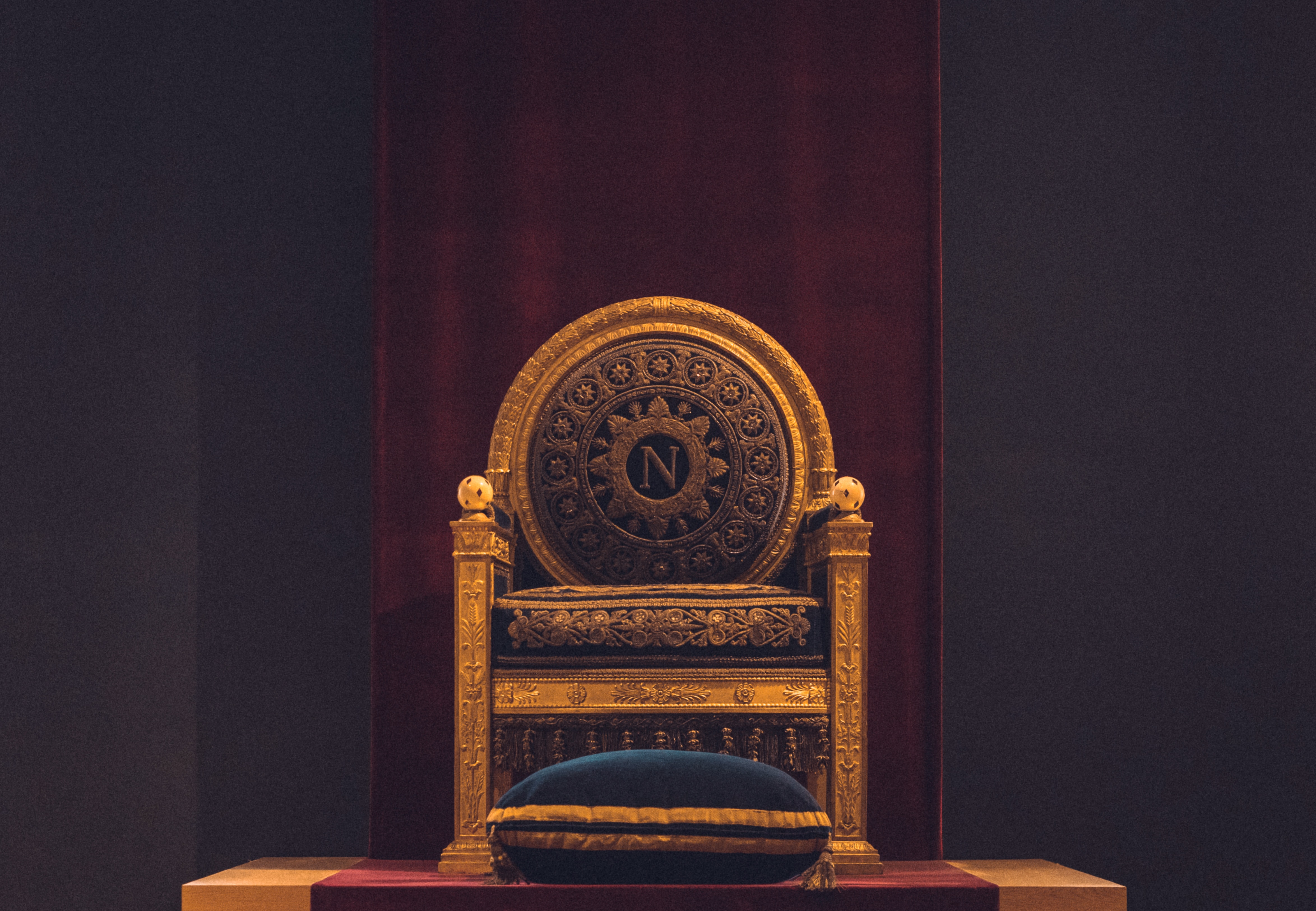Versus mode: Flowers for Algernon vs. Frankenstein
RECENZIE SCRISĂ DE RĂZVAN ANTON. A apărut inițial pe Teoriile unui blogger.
When I started reading 'Flowers for Algernon' (Daniel Keyes), I was immediately captured by the ambiguity of language. As a reader I found out quite soon why the first pages were written in such manner: they had to mirror the mind of a retarded adult, Charlie Gordon, whose dream was to become smart and who would be given this opportunity due to an experiment which was meant to increase his IQ level. This idea of modifying what God had decided led my mind to another novel which dealt with modifying, creating or recreating life: Mary Shelley's Frankenstein. In the following lines I am going to try to compare the two works, in the hopes of attracting readers towards both novels under discussion.
Titles
Both titles are at first ambiguous to the reader. Due to what cinema did to the novel, or other 'popular myths' most of the people who have not yet read 'Frankenstein' mistakenly associate the name to the monster. Frankenstein is in fact, Victor Frankenstein, the 'creator' of the monster. Likewise, although Algernon plays an important part in the development of the plot (he's the mouse on whom the treatment was tested before being applied on humans), 'Flowers for Algernon' is not mainly about him, but about Charlie Gordon, his human counter-part.
Characters
Professor Nemur & Doctor Strauss versus Victor Frankenstein
Both the research scientists in 'Flowers for Algernon' and Victor Frankenstein share the illusion of power and the obsession to be the ones who give 'new life'. In the case of Frankenstein, this is made obvious and plainly stated, as he revives a body made of dead tissue pertaining to various human beings. In the case of Professor Nemur and Doctor Strauss, everything is done 'for the advancement of science', the challenge being to increase the level of intelligence of a retarded adult. With different reasons, the sin is the same for all of them: Frankenstein gives life to a monster whom he immediately abandons, Nemur and Strauss refer to Charlie Gordon as a product of a research process, as having become someone from being no one. None of them ever thinks of Charlie as a human being.
Charlie Gordon versus the Monster
Charlie Gordon and Frankenstein's Monster have a lot in common, although it is exactly intelligence that separates them. Frankenstein's Monster is genuinely intelligent, able to acquire language and mathematical skills only by reading and listening to a family who lived close to his hiding place. On the other hand, Charlie Gordon is initially retarded, barely able to write simple words in English and not very much aware of himself.
These differences disappear when the operation is successful and Gordon becomes intelligent. His mind reacts as a vacuum, quickly acquiring information, and in short time Gordon surpasses the intelligence of all the people he had around when he was 'an idiot' (Alice Kinnian-his teacher, his work colleagues at the bakery and ultimately Nemur and Strauss). Charlie Gordon accepted to be the first human being to be subject to this procedure precisely because he thought that when he would be smart, he'd have a lot of friends. Things are exactly the opposite. Likewise, although Frankenstein's Monster is intelligent and capable, his looks make all people run with horror.Both characters are unique in a way which seems negative to the others and they cannot fight it. Gordon is the first human being to become a genius after having been retarded and the Monster is...well...the only monster around. The result? Both characters long for company, social acceptance and the feeling of being wanted.
Algernon
Algernon does not have a counter-part in Mary Shelley's novel. As a matter of fact, it was difficult for me to decide whether I would consider Algernon as a character or as a symbol. To tell the truth, he is very much a symbolic character. This might sound awkward, considering that Algernon is after all, a mouse, but he becomes a character of the novel mainly because he is a mirror into the future of Charlie Gordon. When he gets intelligent and solves complicated puzzles, as a reader, you know that it is going to work the same way for Charlie. When Algernon's state goes bad, you fear that the same is going to happen to Charlie. Algernon's death is a warning of the fact that nature's laws should not be messed with.
Symbols and Themes
God
Frankenstein's monster and Charlie both feel that there is something wrong with their existence. The monster resents Frankenstein for not taking full responsibility for him and feels that he does not belong in this world exactly because he was not God-created, but artificially brought to life. Charlie also questions the fairness of the experiment. Even the scientists do. The way in which the action of both novels develops leads the reader to the conclusion that man should not interfere with God.
Love
Both the Monster and Gordon long for love. Frankenstein's monster goes as far as to replicate a female version of himself, but in the end he fails miserably. Charlie longs for Alice, his former teacher, but cannot have her until his subconscious is freed of some fears from the past. Charlie's intelligence also changes his personality. He is constantly accused of not being as sweet and caring as before, of having become arrogant and egotistic. Consequently, he ends up being alone and sad. Frankenstein's Monster and Charlie Gordon share a need for love. None of them can have this need fulfilled.
Milton's Paradise Lost
This work is cited in both novels and is a favourite book for Frankenstein's Monster and Charlie Gordon alike. This is probably not a coincidence.
Conclusion
This is, of course, only an introduction to what could be a punctilious analysis of the two works. Keyes' work is full of psychological analysis sections, introspection, curiosity towards the dimensions of the self. Both novels have interior conflict at the core of action and all characters play an important part in the development of the plot. But in order to confirm or contradict this, I invite future readers to indulge in both novels.








